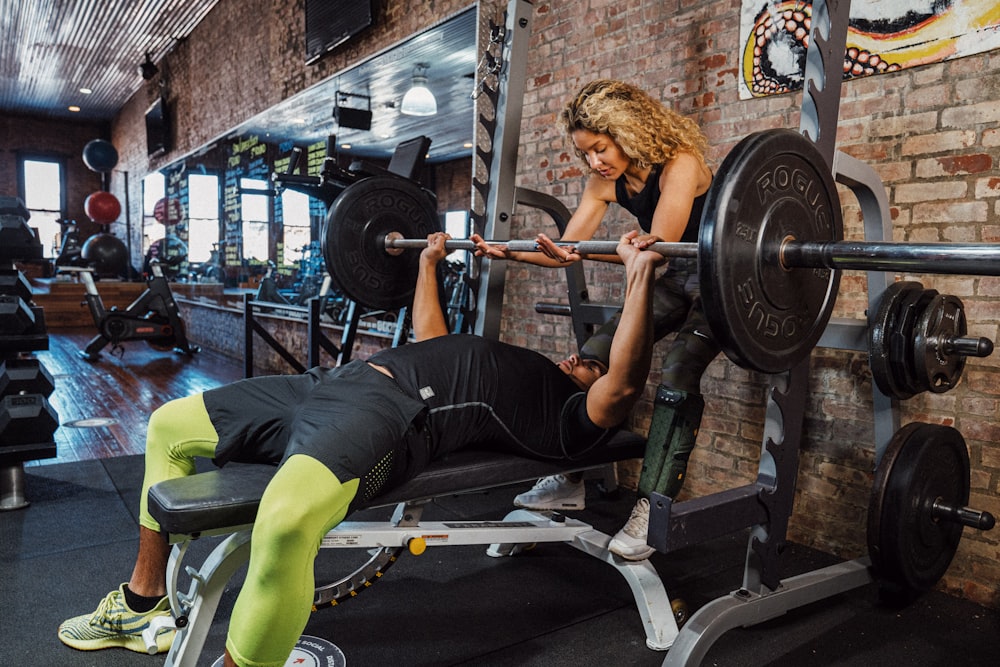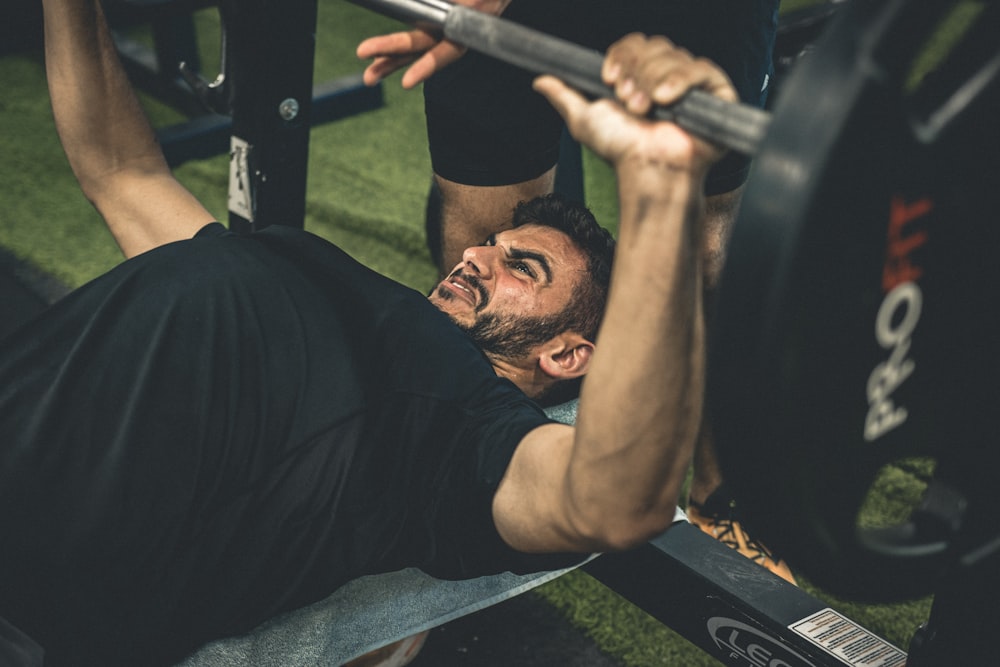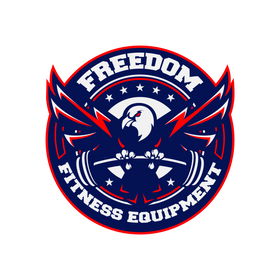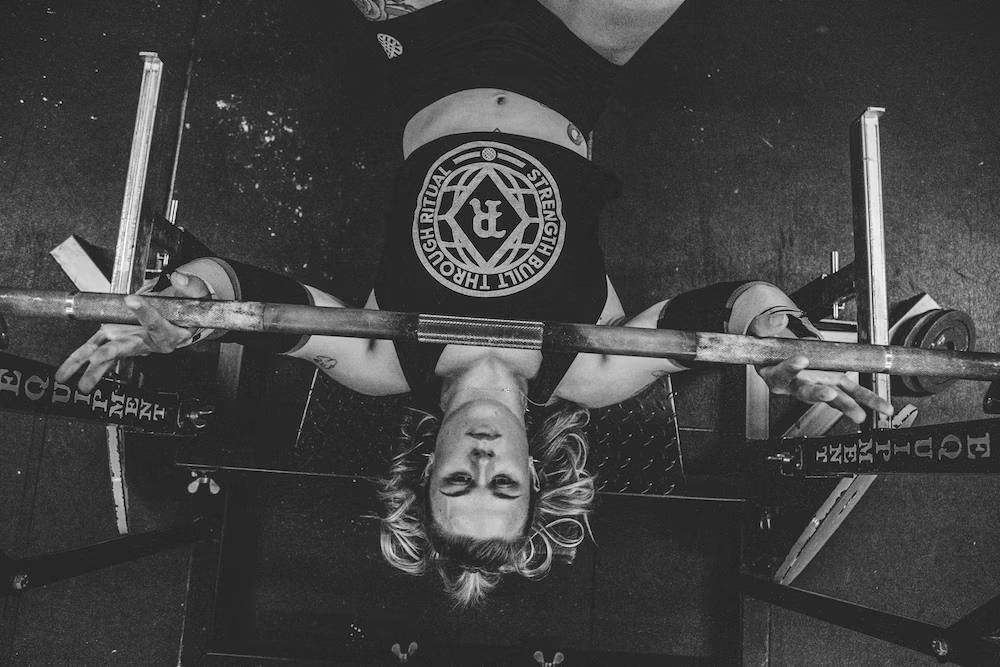When you think of the king of all lifts, it has got to be the bench press. While it may not be number one for athletic performance, probably not number one for building muscle (although pretty close), there is no doubt it is number one for gym bros worldwide. Think about it - what’s the first question asked after finding out someone lifts? Nine times out of ten it is “What’s your bench?”
What do the numbers 135, 225, 315, and 405 mean? Well, if you don’t know, you need to bench more.
Walk into any commercial gym, and you are likely able to find a spot to deadlift or squat; however, if you want to bench, good luck. You may be waiting for a little while. Gym bros do not skip chest day. It is arguably the most loved, most celebrated day of the training week split.
All joking aside, it is hard to argue that the bench press isn't the best as far as upper-body pressing movements go. You’ve definitely got some competition from the strict press and maybe the bench presses’ cousin - the incline bench. However, regardless of which you think is best, the bench press is a great upper-body lift targeting your pecs, triceps, and shoulders. If you are looking to add some muscle mass to your upper body, the bench press is key.
However, you may run into a little problem here.
You researched the best equipment, measured out what would fit, and found great deals on all of the home gym equipment you needed. Your setup is awesome. You wanted a home gym to save time on your commute, be able to lift when you want, not have to wait for a bench, and most of all have the freedom to play your workout playlist as loud as you can (or at least as loud as your neighbors tolerate).
But, we are going to need to talk about bench pressing alone.
What Are Lock Collars?
Lock collars are made of plastic or metal. They attach to the end of the barbell to prevent the weight plates from sliding - locking them in place. They are quite helpful when used in commercial gyms or with others. Sometimes, shifting plates can cause the bar to feel unstable, making a bench press more difficult than needed. Since lock collars prevent the weight plates from sliding off, you don’t have to worry about getting “twisted” during a rep and having weight slide off. You’ve probably seen a rep like this before where one arm is locked out and the other is still bent. This creates an uneven bar, allowing weight plates to slide off. This can be dangerous, especially when it is not expected, if the bar tilts back and forth until all the weight is dumped causing the bar to kick up.
Basically, these are the reasons why clips are used. As long as you have a spotter though, lock collars are a good idea.
What If I Don’t Have A Spotter?

What like this guy?:
Or what about this guy?:
Not good right?! Actually, it’s incredibly dangerous, and especially with the last guy, he’s very lucky it wasn’t more serious.
Benching alone with lock collars leaves you with little options if you fail the rep. This can be very serious as the barbell can roll to your neck or crush your chest.
Seriously, please don’t use lock collars, or clips, as they are also called, if you are alone. As you can see from the videos above, if you have lock collars on the barbell and you are benching alone, you set yourself up for some potential risks.
The alternative is to bench without lock collars. This allows you to dump the weight plates off to one side when you get pinned - i.e. when the barbell is on your chest and you cannot move it. By wiggling the barbell to each side, you can dump the weight plates until the bar is light enough you can either press the bar up or put it to the side.
You could also do what this guy did, however, this only works if you have the strength and/or you aren’t benching too heavy:
Let’s Consider Our Life Choices
Okay, I get it, you love bench pressing, you love your home gym, and you love being alone. That’s great. But let’s be smart here. Should you really be bench pressing heavy alone?
The risk-reward here is just not worth it.
If you take just some minor precautions you can almost entirely eliminate any chance of serious injury or even death. Let’s look at a few. These are critical if you are benching heavy by yourself, but also important for bench press safety with others.
Use safety bars
Safety bars are metal rods that run parallel to the bench. They allow you to set the barbell on the bars and slide out underneath if you fail a rep.
Use a full grip on the barbell
There is a famous bench press grip known as suicide grip that has been around for quite a while. The name should give you enough reason alone not to use it. Basically, a suicide grip means holding the bar without a full grip - meaning your thumb doesn’t wrap around the barbell. The reason this is dangerous is that if you start to fail a bench press rep, the bar can slide backward and land on your neck. Your thumb wrapping the bar helps to prevent this by giving you a full, locked grip.
Suicide grip is popular because some people prefer the control it gives and the muscle activation. However, at the end of the day, it is just not worth it.
Always use a spotter

Having a spotter is a great way to avoid almost any significant freak injuries or accidents while bench pressing.
As a spotter, make sure you are engaged and paying attention to the lifter. Too often, spotters get distracted and start looking around. When spotting, make sure you have two hands ready to grab the bar if needed. When in doubt, take the bar. It is better to be overly safe and cautious when dealing with the bench press than let someone get hurt. The biggest key here is the communication between the lifter and the spotter, both before and during the lift. Using a keyword like “take” during the lift, can help the spotter know when to take the bar when the lifter knows they aren’t going to complete the lift.
At the end of the day, benching is a lot of fun. It’s a great way to prepare for sports, life, and especially the beach. Just make sure you are taking the necessary precautions to perform the bench press safely - including never using lock collars when bench pressing alone.

